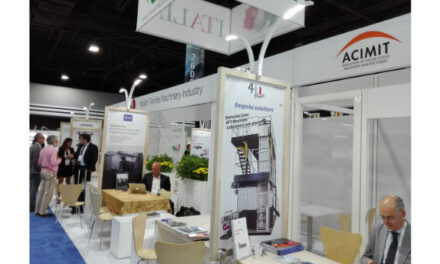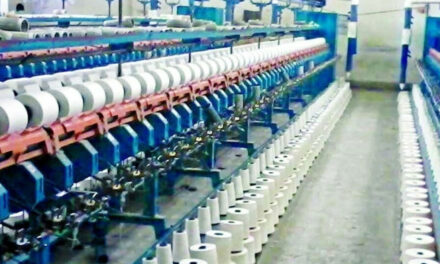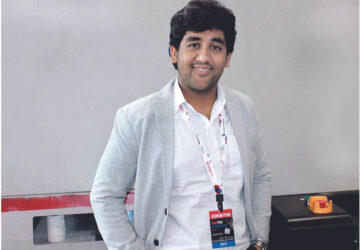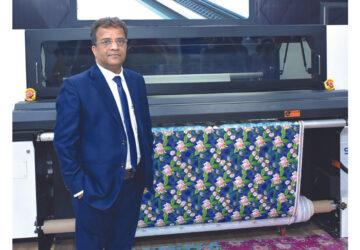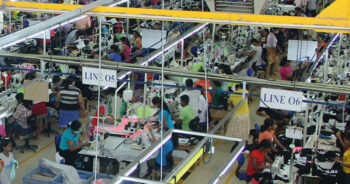 Sri Lanka will be seeking a minimum six-fold increase in duty free access for its ready-made apparel products from India with no fabric sourcing conditions under the proposed Economic and Technology Co-operation Agreement (ETCA).
Sri Lanka will be seeking a minimum six-fold increase in duty free access for its ready-made apparel products from India with no fabric sourcing conditions under the proposed Economic and Technology Co-operation Agreement (ETCA).
Under the current India-Sri Lanka Free Trade Agreement (ISFTA), Sri Lankan exporters have been given duty-free access to export eight million pieces of ready-made apparel to India annually.
As Sri Lanka imports $ 500 mn worth of textile and apparel inputs from India, Sri Lanka’s International Trade Office Chief Negotiator K.J. Weerasing he highlighted that it would be fair to increase the current duty-free access granted to Sri Lankan exporters to a minimum value of $ 250 mn per annum.
“We have an 8 million quota, multiplied by US$ 5 per piece, which comes to around US$ 40 million. There’s sectoral imbalance as we import US$ 500-600 million worth of apparel inputs from India per year. Hence, the current quota on ready-made apparel must be increased to at least US$ 250 million under global sourcing terms,” Weerasinghe said.
He made these remarks addressing a seminar organised by the National Chamber of Exporters in Colombo this week.
He emphasised that the government is determined to take a firm stance in order to achieve this target in the forthcoming ETCA negotiations.
With the sharp decline in demand for apparel products in Western markets, Sri Lanka’s apparel exporters have sought India to remove the quota, pending the finalising of the proposed ETCA.
However, Weerasinghe noted that the only way to grant an increase in the quota or removal of the quota is under the proposed ETCA, which aims to deepen the existing free trade agreement between Sri Lanka and India.
During the President Ranil Wickremesinghe’s recent visit to India, both countries agreed to restart negotiations to finalise the proposed ETCA agreement, following a four-year hiatus.
“We will resume negotiations with India after four years. We have requested for dates from Indian counterparts to restart the negotiations,” Weerasinghe said.
Resumption of ETCA negotiations might experience delays due to the involvement of Indian FTA negotiators in multiple FTA negotiations with various countries ranging from the United Kingdom (UK) to Bangladesh.
The two countries had completed 11 rounds of bilateral talks on the proposed ETCA during the 2016-2019 period.



